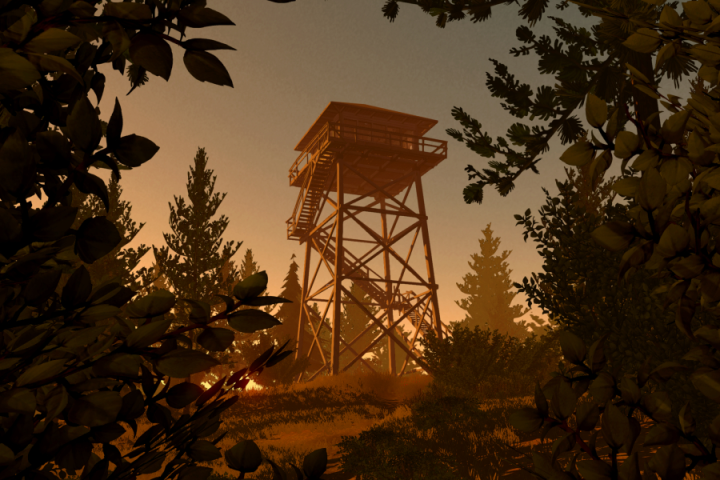
Campo Santo, the indie studio behind the breakout hit Firewatch, has been acquired by Valve. The 12-person team will move to Valve’s headquarters in Bellevue, Washington where it will continue work on its upcoming game In the Valley of Gods.
“In Valve we found a group of folks who, to their core, feel the same way about the work that they do (this, you may be surprised to learn, doesn’t happen every day). In us, they found a group with unique experience and valuable, diverse perspectives. It quickly became an obvious match,” Campo Santo said in a blog post announcing the news.
For fans of Campo Santo’s work, it seems that the studio will more continue its work within Valve than get changed by the massive corporation. Along with still promising blog content, Campo Santo said it will release its quarterly literary magazine, The Quarterly Review, going forward just as before. The biggest change, as of now, is that In the Valley of Gods will be released under Valve’s banner.
Announced at E3 last year, In the Valley of Gods follows the tradition of Firewatch as a “walking simulator” with gorgeous visuals and a mystery at the center of its story. According to the game’s official website, In the Valley of Gods is expected to launch sometime in 2019.
As for Valve, the move to acquire Campo Santo came out of left field. Unlike some other big gaming companies, Valve rarely acquires smaller studios. In fact, Campo Santo will be its only active acquisition. Previously, Valve owned Turtle Rock Studios, which developed the Left 4 Dead franchise.
For the past few years, Valve has placed its focus on its storefront, the HTC Vive, and supporting its small slate of legacy games like Counter-Strike: Global Offensive and Dota 2. In recent months, however, Valve has seen a shift back to the development side of things. In addition to the upcoming Dota-themed card game Artifact, Valve has several unannounced games in development.
In that light, it makes sense to acquire an up-and-coming indie studio like Campo Santo. Bringing in minds that are squarely focused on developing unique experiences falls in line with Valve’s renewed dedication to the software space.


